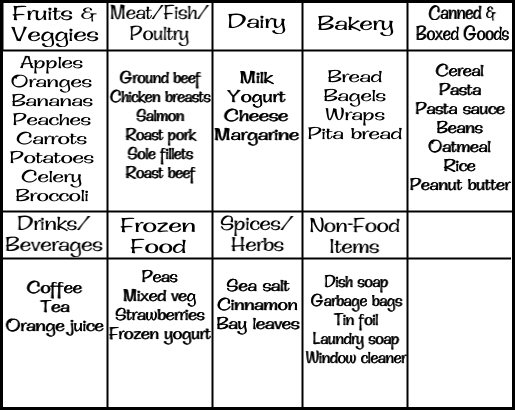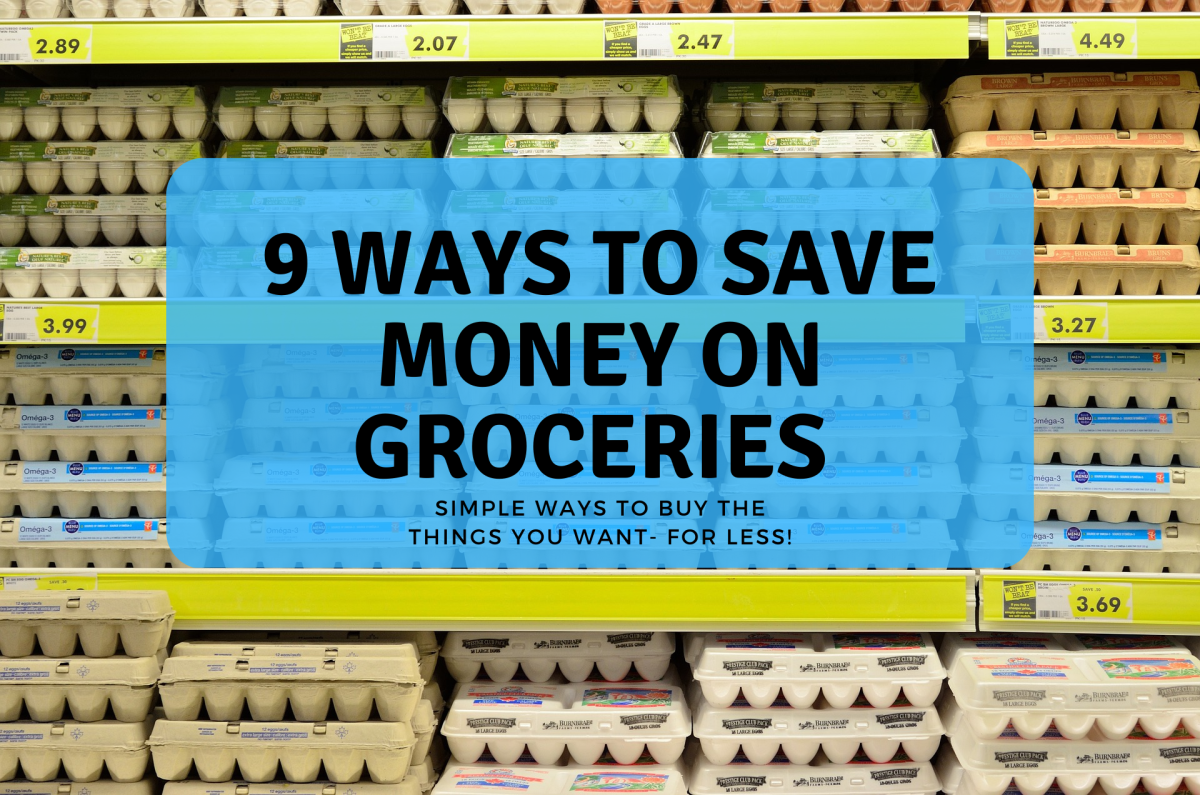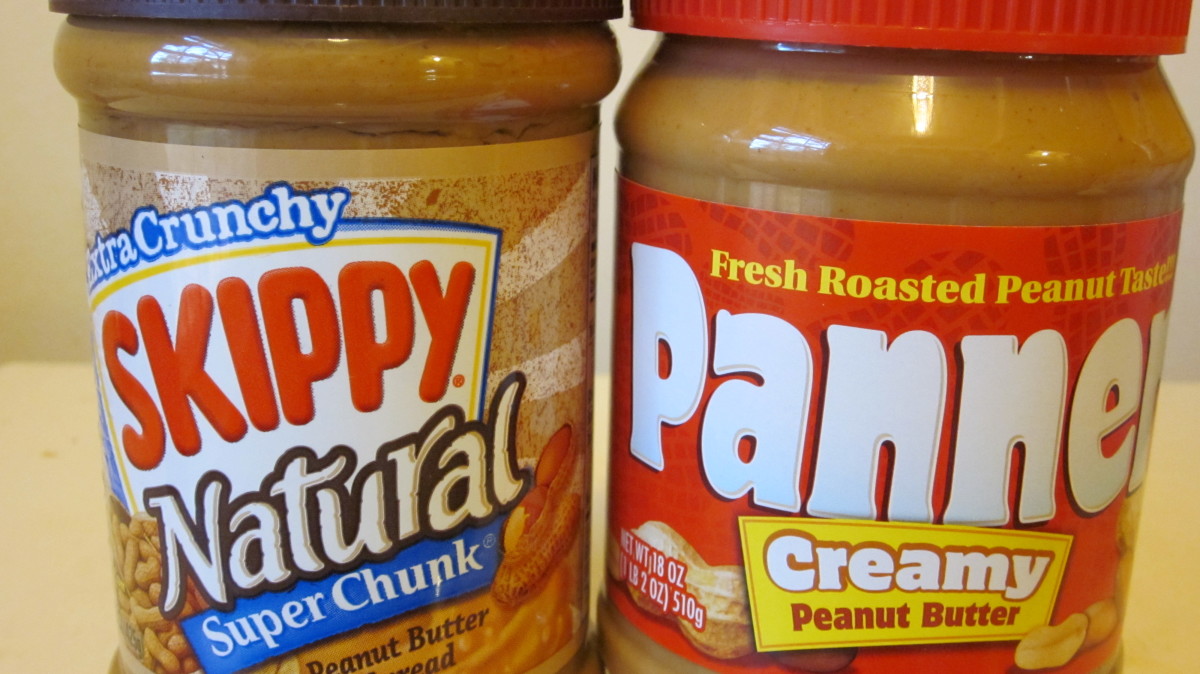Budgeting for Families: How to Save Money on Groceries

It can be easy to spend a small fortune on groceries every month, especially if you have a large family or have expensive tastes. However, if you're grocery shopping on a budget and you're interested in saving money on groceries, with a bit of planning and some smart shopping, it can be easy to reduce your grocery bill.
Here are some simple tips for saving money on groceries. Following these simple steps could not only help you save money on groceries, they could drastically reduce your grocery bill and possibly help you make healthier food choices.
Make a meal plan/menu
At the beginning of each week, create a menu for the entire week. What do you want to eat for breakfast, lunch and dinner each day? What kinds of healthy snacks do you want throughout the day to fuel your body and keep you going? Are there things you can make in large quantities so that you have leftovers and don't have to cook a full meal each night? Once you have your meal plans decided, you can shop for what you need.
Make a grocery shopping list
Go through your meal plan and create a shopping list accordingly. By having a menu planned out, you can see everything that you're going to need for the week. Having a thorough grocery list serves a number of purposes: you're not going into the store blindly grabbing things that look quick and easy. This saves you time, as well as money. There's also less temptation to impulse buy - if it's not on the list, chances are you don't really need it.
You can also save time by breaking your list into categories - fruits and vegetables, grains, dairy, meat, etc. That way you're not backtracking through the store half a dozen times, which can be frazzling.

Make grocery shopping a weekly or monthly trip
Poor planning leads many people to find themselves at the grocery store nearly every day or multiple times a week. By creating a weekly meal plan and a shopping list, you only have to shop once. If you get everything you need for the week in one trip, you're saving money not only on food, but also on gas, which will affect your budget. A lot of people stop at the grocery store on their way home from work to grab something for dinner, and in their hurry will often end up paying more for quick convenience-type foods, which are often unhealthy as well as expensive. Other people who are in a hurry to get home might bypass the grocery store altogether and opt for fast food so they don't have to shop and cook. There's nothing wrong with this once in a while as a treat, but it happens regularly in many families, and it not only eats into your budget, it's part of what's causing the obesity epidemic in America. By shopping once a week (or even once a month if you're able to get really organized), it reduces your risk of overspending, as well as impulse buying.
Also, if you have children who put things into your cart, grab things at random or insist on having specific things when you go shopping (in other words, if they have 'the gimmies', see if you can leave them with someone for an hour, or if they're school-age, go while they're in school so that you don't have to worry about extra impulse buys.
Find alternatives to expensive foods
Fresh fruits and vegetables can be pricey, especially if they're not in season or locally grown. A great alternative to fresh fruits and vegetables is canned or frozen ones. They're packaged at the peak of freshness so they retain all their nutrients.
Try buying no name or store brands instead of expensive brand names. Many are just as good, and you can't tell the difference. A few years ago, I had a friend who worked at a big local cheese factory and she told me that they made and packaged a big brand name cheese along with a locally owned store brand's inexpensive cheese - it was the exact same cheese, the only difference was the packaging and price. Take the time to read labels and you'll often find that the expensive brand name items have the exact same ingredients as the inexpensive no name items. By making simple switches like this, you'd be surprised just how much money you can save.
Take advantage of grocery coupons
Before you shop, check the flyers or local newspaper to see if there are coupons you could use. There are also websites that offer coupons you can print or that are mailed to you. Many packages have coupons you can cut out for the same or similar products (for example, a lot of cereal boxes offer a discount on your next box of that same cereal or any cereal that's the same brand). Also watch for in-store coupons - you might find them hanging next to an item or even as a hand-out booklet when you enter the store. Plenty of people cut their grocery bills substantially by using coupons; even if the savings aren't huge, keep in mind that it all adds up.
Check expiry dates on perishable items
Whenever I'm shopping, I see people grabbing meat, dairy products and bread without checking the expiry date. I always think: what if you pay $15 for a roast that you plan to cook on the weekend but you get it home and discover the expiry date has passed, or is the next day and you have to throw it out? Would you throw $15 in the garbage? If it's already expired, that's partly carelessness on the store's part, but you should always check the expiry date to make sure. The less food you have to throw away, the less money you're throwing away. Along those lines, many stores will mark down items that are approaching the expiration date. If you watch for these items, which often have stickers on them or 'reduced' signs, you could save quite a bit of money. If the expiry date is a day or two away and you use it right away, you should be good. I try not to take too many chances with meat, unless it looks and smells ok (which can be hard to judge with some packaging), but if I buy meat with a close expiry date, I'll cook it as soon as I get home, or put it into the freezer immediately to cook at a later date. Any item that could mold, rot, or spoil in any way should always be checked for the expiry date.

Buy groceries in bulk
If you have a big family, buying in bulk is definitely the way to go. Take stock of the items that go the quickest in your house - cereal? Milk? Bread? Ketchup? Cookies? Consider buying those items in bulk so that you're not always restocking them. For example, it's cheaper to buy a 4-liter bag of milk than it is to buy a single liter of milk. It's not always cheaper to buy things in bulk, but if you know your prices and you're able to do some simple math, chances are you can figure out whether you're saving enough money to make it worthwhile. If you want to buy in bulk but your local grocery stores don't offer many items in large quantities, look into getting a membership at a wholesale store like Costco that specializes in selling items in bulk.
One final thing to consider when grocery shopping: don't shop hungry. If you're hungry, seeing all that food will likely make you even hungrier and you'll be more prone to impulse buying because the part of your mind that's telling you you're hungry is also the part that's projecting what you might want to eat at that moment, which may be something that's not on your list. There are many ways to cut your grocery bills substantially each month. With a bit of planning and some smart shopping, you can save a lot of time, stress and money while grocery shopping.
Thank you for reading
Thank you for reading Budgeting For Families: How to Save Money on Groceries. If you enjoyed this article and found it useful, please vote it up, rate it, and/or leave a comment - you don't have to be a member of HubPages to leave comments. If you'd like to learn more about me and read my other articles here at Hubpages, you can visit my profile page. I love writing for HubPages, and would recommend it to anyone who's interested in writing online. If you'd like to join (it's free to join and a great way to make money online), you can sign up here.







